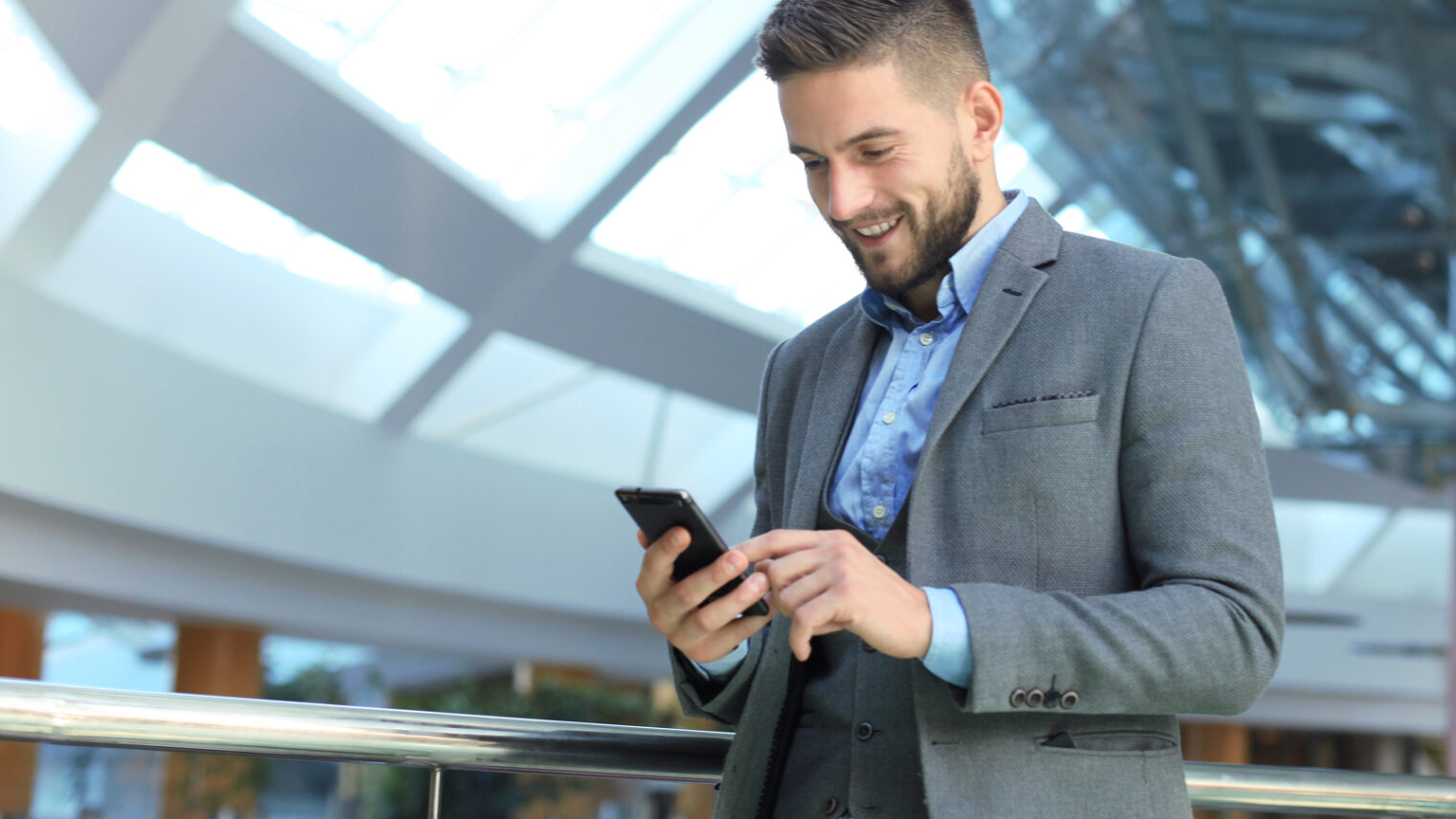Would you trade spontaneity for the ability to dine out, go to a concert or fly overseas again? David Maman, CEO of Israeli startup Binah, thinks that’s a fair bargain during a pandemic.
Binah.ai has built the software to return a day-to-day sense of normalcy even before the hoped-for Covid-19 vaccine arrives.
Binah’s AI-powered technology scans a person’s skin to read vital signs identified by epidemiologists as being associated with a higher likelihood of Covid-19 infection.
Binah’s envisions such a scan, done online at home, as a prerequisite to making a reservation to eat, fly or attend a large event.
For flights, it’s already common to check-in online a few hours in advance. With Binah’s software, which can be integrated into an airline or airport’s website, you’d scan your face using your computer or smartphone’s camera. That would generate an on-the-spot assessment of whether you are fit to fly.
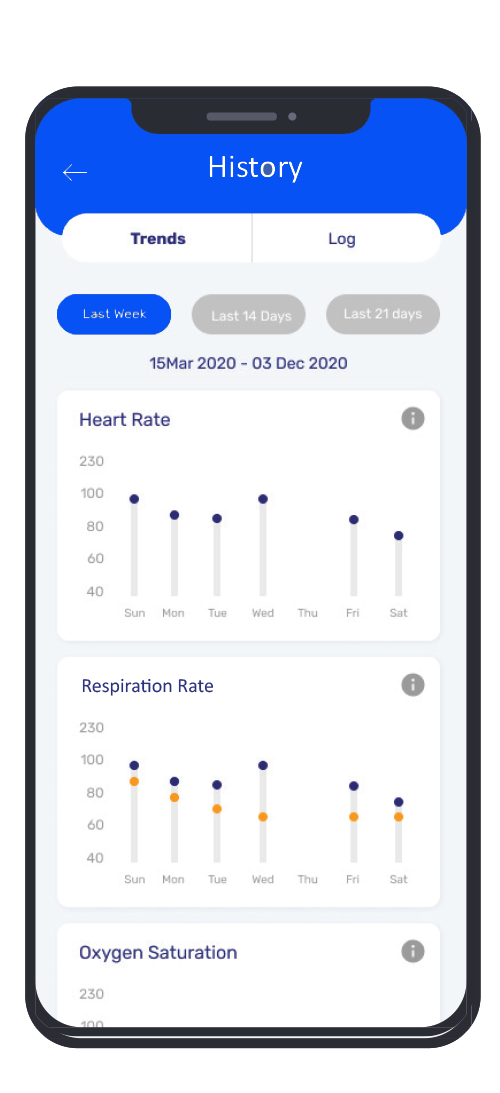
To be clear, Binah doesn’t test for Covid-19 infection. Rather, it monitors changes in five key vital signs co-indicated for nearly all coronavirus infections: heart rate, oxygen saturation, respiration rate, mental stress level and heart-rate variability. A sixth vital sign, blood pressure, could be added later this year.
The whole process – from scan-to-result – takes less than a minute. The type of signal processing Binah uses can deliver results with an accuracy between 80 and 99 percent, the company says. Binah’s heart-rate measurements are accurate between 95% and 98%.
“If your oxygen saturation is not below 94, your respiration rate is not above 20, and your temperature is not above 38, it’s highly likely that you do not have any Covid-19 symptoms,” Maman tells ISRAEL21c.
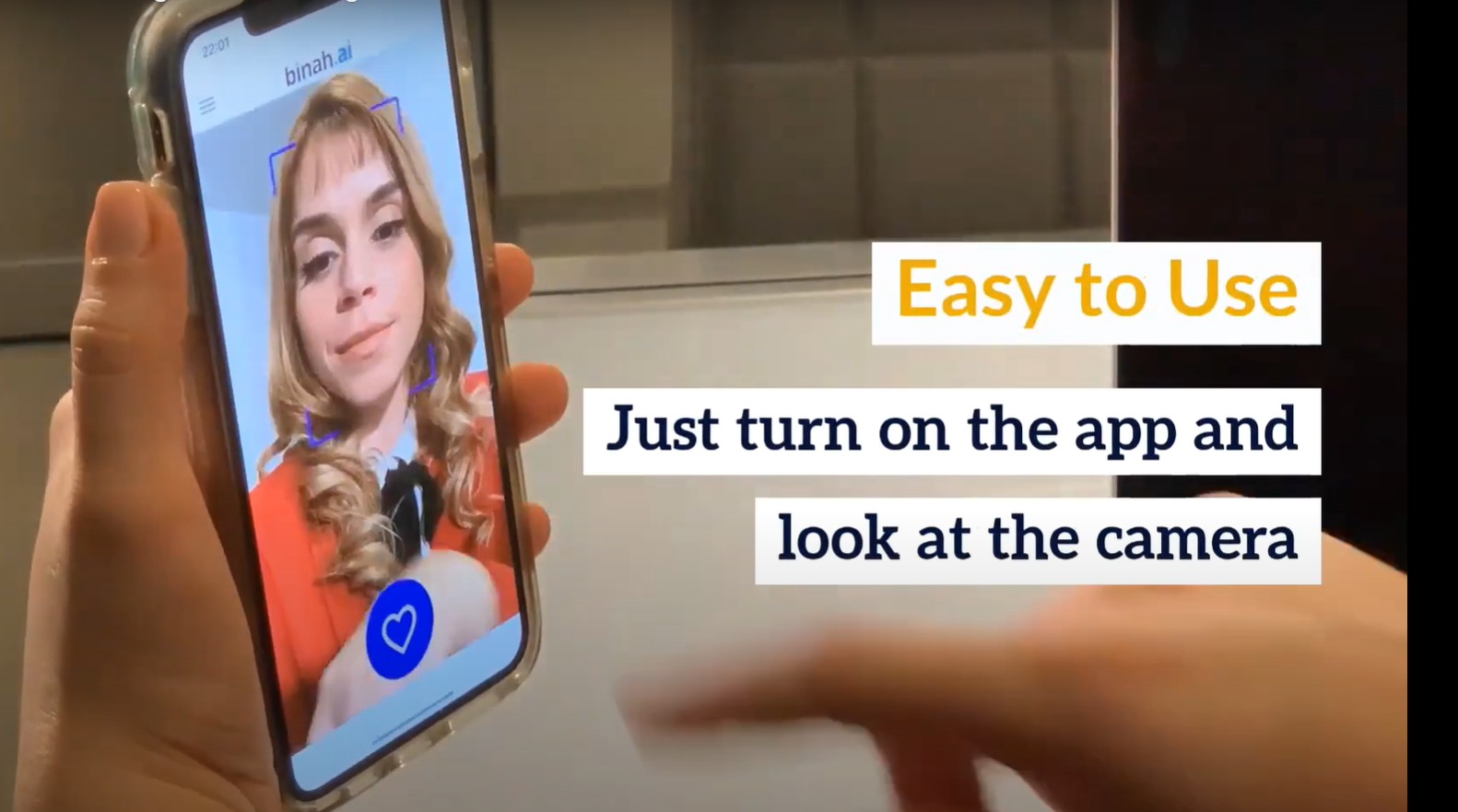
These are the vital signs that medical professionals recommend checking before a hospital admission, Maman adds, citing studies from Italy, Spain, China and the United States.
Cannot be fooled by Tylenol
If your vital signs don’t seem normal, the Binah system will recommend getting a Covid-19 test. If new types of tests give rapid and accurate results, that could enable a traveler or diner to continue on with his or her reservation – or to head quickly to quarantine.
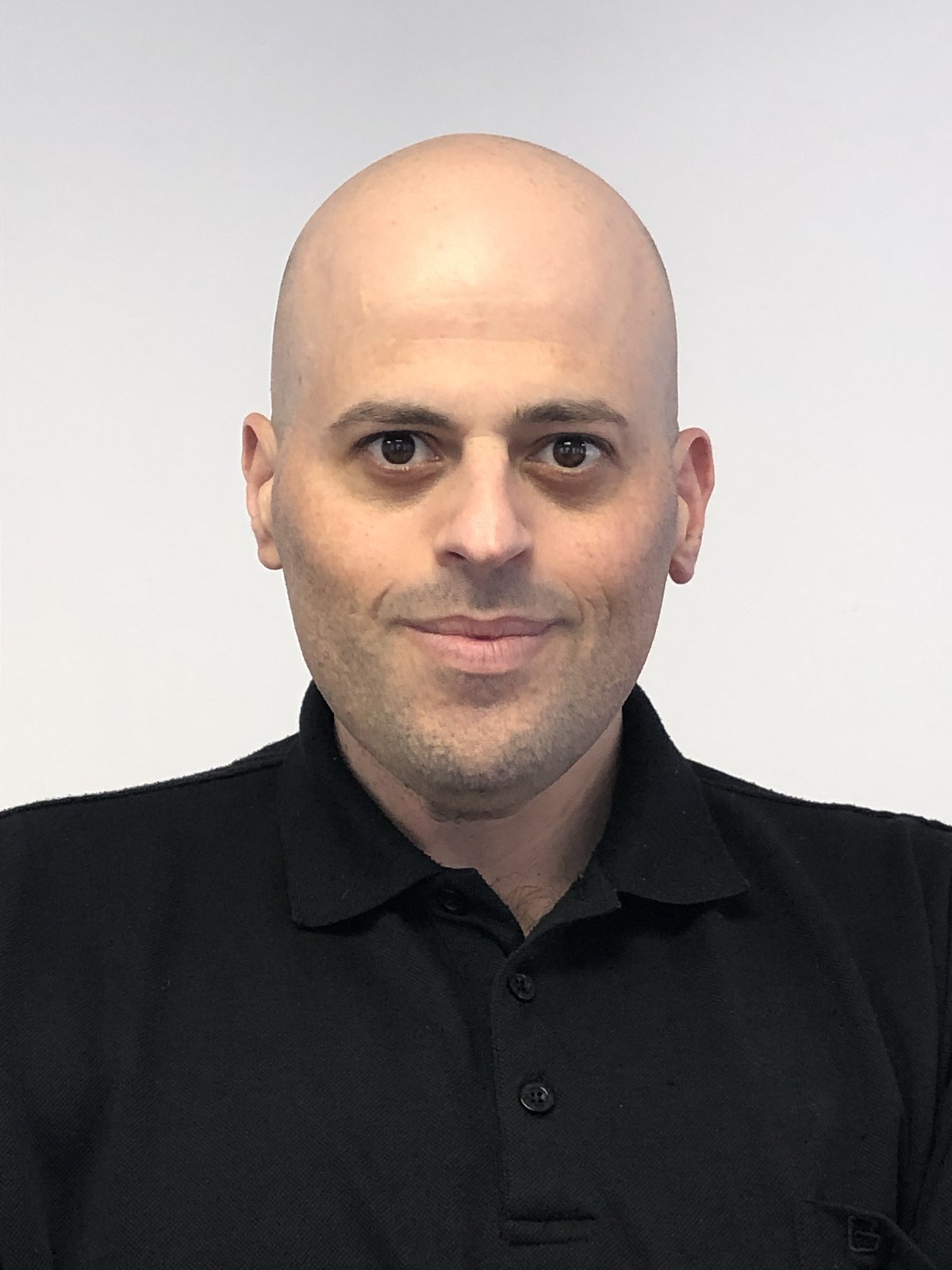
Binah’s software wouldn’t replace the increasingly ubiquitous temperature checks for Covid-19 screening, but Maman says that this has already been shown to be of questionable value in a report published by the medical journal JAMA.
“Plus, all you have to do is take two Advils before you go to the airport and you won’t have a temperature,” Maman points out. “Oxygen saturation or a high respiration rate, on the other hand, cannot be fooled by Tylenol.”
Binah’s software doesn’t rely on facial recognition or video. It measures nearly imperceptible variations in skin tone. The software works on both front-facing cameras, where it analyzes the skin just above the upper cheeks, and back cameras where it needs only a finger.
The latter is important for low light situations – say, while you’re in bed in the middle of the night. The flash on your phone’s camera should provide enough contrast for Binah’s software to work. Maman says the accuracy is the same for both face and finger.
Binah’s software is meant to be used on smartphones at home and in dedicated kiosks, which could eventually be found near the front desk of a hotel lobby or the entrance to a shopping mall.
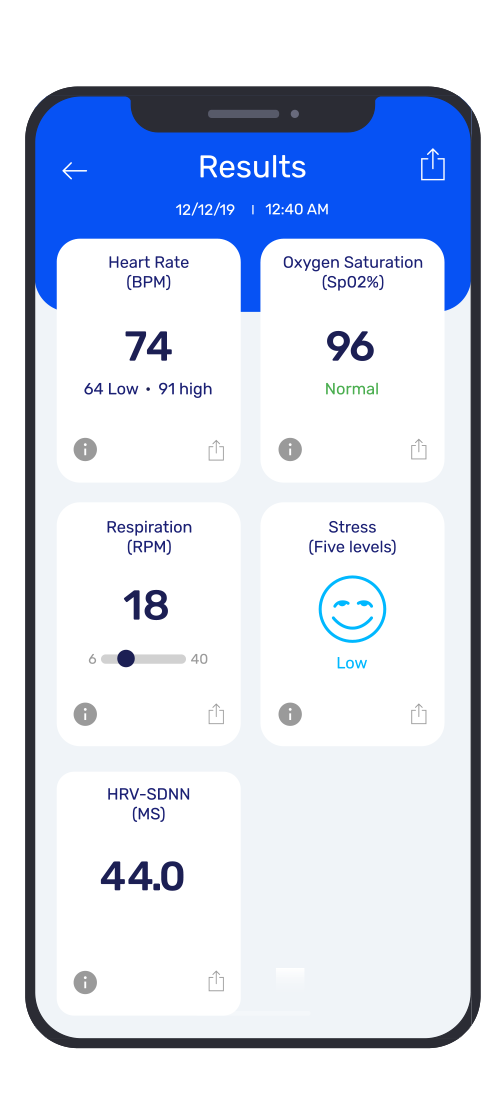
Maman says that checking every person for coronavirus infection on-site at an airport would be impractical. But Binah could provide advanced triage.
Binah does not require an Internet connection; all the processing is done on the device. That could make Binah a must-have in parts of the developing world “where almost the entire population has some sort of smartphone even when they don’t yet have a sewer system,” Maman says.
Binah works with just about any phone manufactured in the last five years, “even $100 Android phones,” he adds.
Working toward FDA approval
The Binah approach is not just for travel or leisure customers: Maman envisions companies with public-facing operations making a Binah scan mandatory before employees come to work.
The 48-person company, which has raised $14.5 million since it was founded in 2016, already has 50 paying customers and is profitable, Maman says.
Customers include insurance companies, wellness platforms and clinics. Japan’s Sompo Himawari Life Insurance has been working with Binah since 2019 to integrate Binah’s technology to measure policyholders’ stress levels and risk of lifestyle-related diseases. Three additional Japanese companies plan to use Binah.ai’s technology in various healthcare capacities.
Where you can’t find Binah yet is a freestanding download – the company’s business model is to integrate its software into third-party applications and websites, sending the data direct to the provider. (All the data is owned by the customer; Binah never sees it.)
Binah is now working toward FDA approval for medical settings. Currently, Binah is considered a wellness product that does not give diagnoses, so it doesn’t require certification.
Binah has completed clinical trials in India, Nepal and Japan, and currently has one going in the US. The company hopes to be approved as a Class 2 device by the end of 2021.
If the technology sounds familiar, it’s because anyone who owns a Fitbit or an Apple Watch already has it. It’s called rPPG (“remote photoplethysmography”). A series of light flashes on the back of the device are enough to measure your vital signs. Binah is adapting that technology and adding workflow integration for its customers and proprietary AI smarts.
Maman previously sold database security provider HexaTier to Chinese manufacturer Huawei in 2016.
Returning to the question of spontaneity lost due to Covid-19, Maman picked up on our disappointment. “Things will not be the same for the next few years,” he acknowledges. “But that’s the price we’ll have to pay.”
Binah (“understanding” or “intelligence” in Hebrew) is betting that’s a bill many nations and companies will be willing to pick up.
For more information, click here




